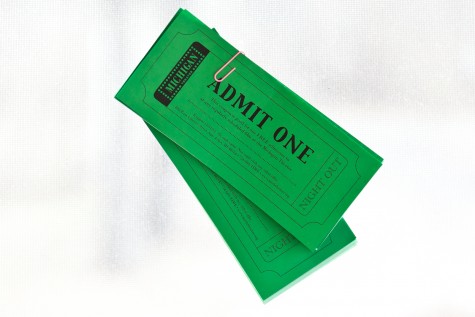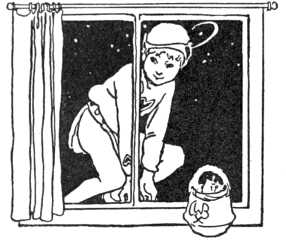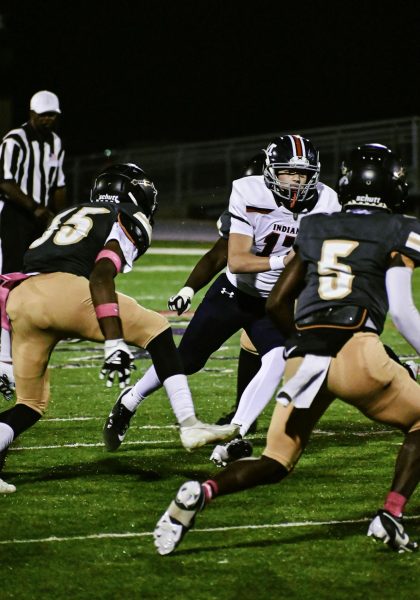David Letterman’s Legacy
There’s longevity. There’s stamina. And then, there’s David Letterman, who, when he retired Wednesday having hosted 6,028 late-night talk-show broadcasts over 33 years.
Letterman, 68, was master of the acerbic interview: Probing entertainers and politicians alike, he was neither sycophantic, predictable nor encumbered by the late-night tradition of softball questions.
His departure comes at a turbulent time for late night, with Jon Stewart leaving the Daily Show in August, and Stephen Colbert taking over for Letterman in September.
Mostly, Letterman wanted to know about other people, asking audience members about babies and professions.
But Letterman’s few heartfelt moments are the best remembered, maybe because he shared so little of his private life with viewers. After 9/11, he wondered about the religious zealotry that caused the attacks, and pronounced New York the greatest city in the world. In 2003, he held up a photo of his newborn son Harry, stunned that he was a part of something so “beautiful.” And he talked about his 2000 heart bypass surgery, parading his surgeons on stage.
Unlike other late-night hosts, Letterman didn’t glad hand his guests backstage. Sometimes he’d briefly chat during commercial breaks, or he’d sway to the beats played by musical director and sidekick Paul Shaffer, or simply leave the set.
Letterman leaves behind a legacy rivaled by the likes of the great Johnny Carson and will forever be remembered as having a huge impact on the entertainment industry and the world itself for years to come.









